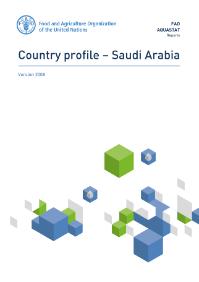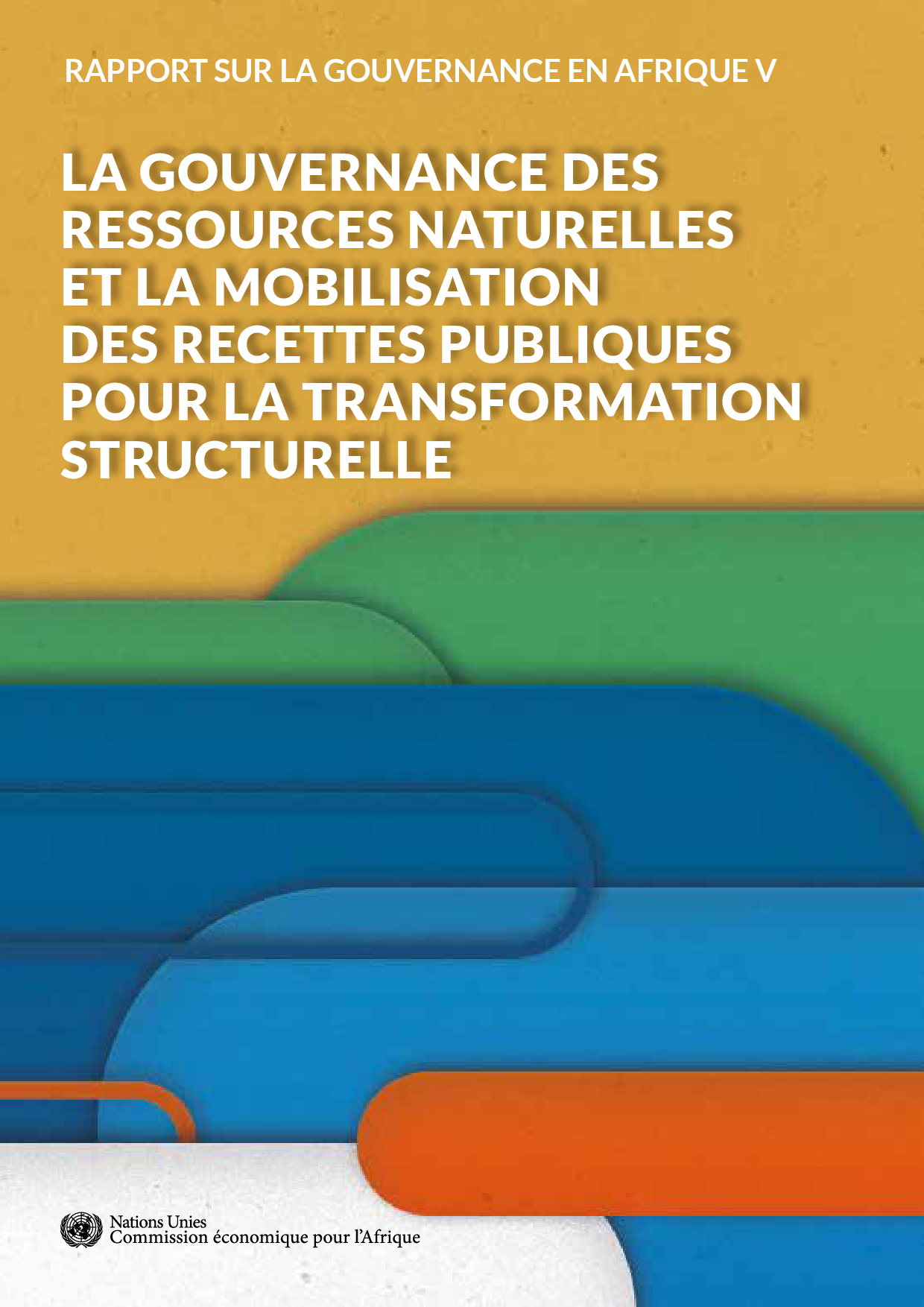National Water Resource Strategy (NWRMS2).
This National Water Resources Management Strategy (NWRMS) sets out the strategy to plan, develop, manage, protect and control the use of South Africa's water resources effectively for the future. This shall be achieved through an improved institutional framework, strengthening our sector capacity, and through various mechanisms and concepts, such as water re-use and water off-setting.












